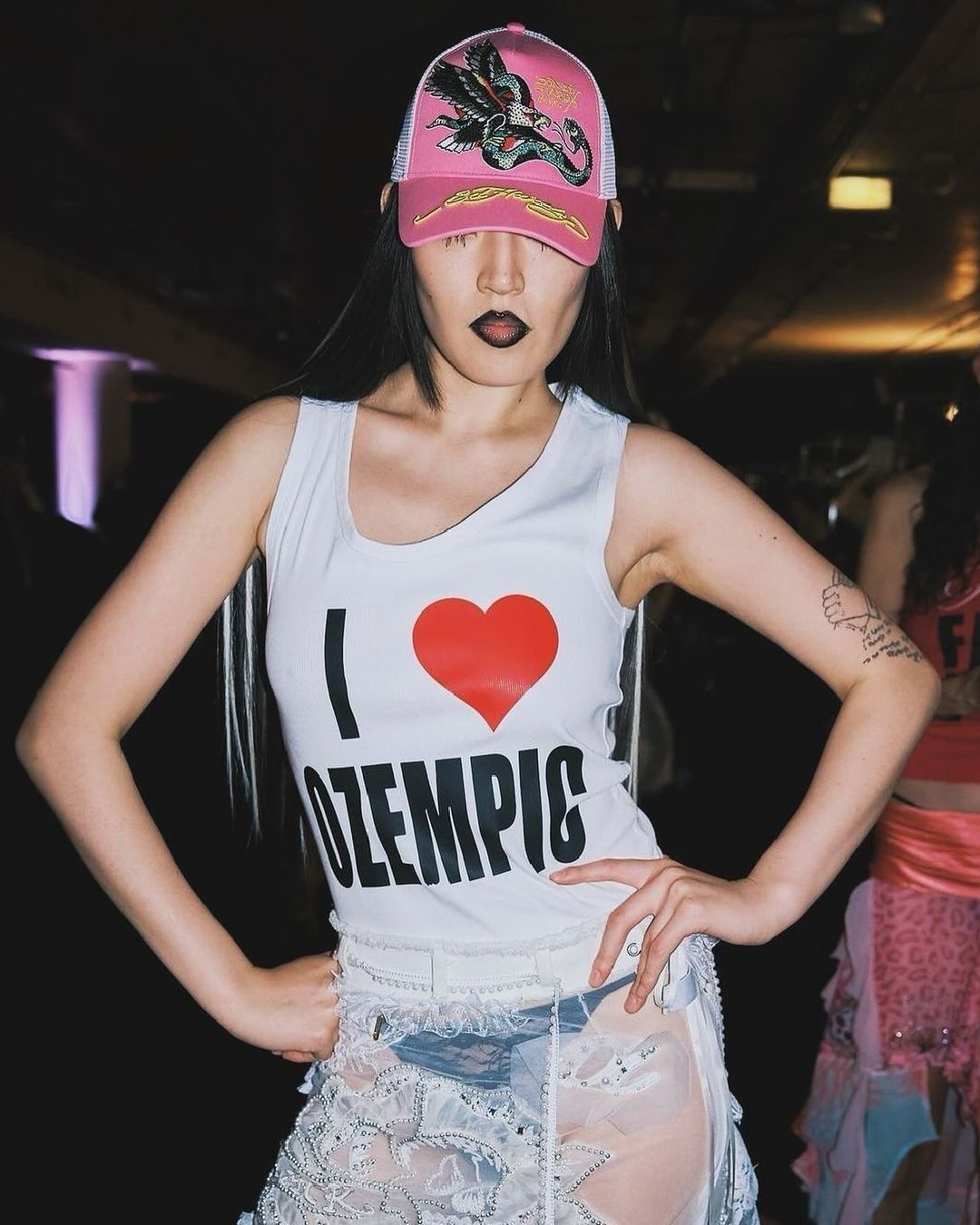
For its rebranding, Victoria's Secret bets on female empowerment After a period of deep crisis, the brand returns with seven testimonials and an inclusive proposal
It has been two years since Victoria's Secret, one of the best known and influential lingerie brands in the world, announced not only that its annual show would not be broadcast on TV, but that it would not take place at all. It was the beginning of a period of decline and redefinition of the brand's identity, which had to finally come to terms with its completely obsolete marketing model and brand imagination, outdated and rethought by more inclusive competitors from every point of view. Today Victoria's Secret announces a deep rebranding, which begins with the seven women chosen to tell the new course of the brand, and which extends to the products that the brand will offer in its over 1400 stores around the world.
As reported by the New York Times, the new VS starts with seven women called to tell and represent a type of femininity and empowerment that the brand had never embodied. To form the so-called VS Collective we find Megan Rapinoe, one of the most famous footballers in the world, fighting to end the gender pay gap; Priyanka Chopra Jonas, Indian actress and tech entrepreneur; Adut Akech, top model, a refugee from South Sudan who promotes the importance of mental health; Eileen Gu, freestyle skier about to compete in the next Olympics; Brazilian transgender model Valentina Sampaio; plus size and body positivity advocate model Paloma Elsesser, recently featured in a Chloé campaign; and Amanda de Cadenet, photographer and founder of #Girlgaze, a digital platform for female photographers. De Cadenet will be the host of a podcast in 10 episodes in which all these women will be invited to tell their story, in a medium chosen specifically to enhance the voice over the image.
In any case, theirs will be a daunting task: redefining what Victoria's Secret has always sold as sexy, promoting an unattainable model of femininity, conveyed through the bodies of ultra-slim, athletic and perfect models. The brand wants to present itself today as a global supporter of female empowerment, starting with the VS Collective, who will work as an advisor for the brand and will star in the brand's campaigns and promote it on Instagram. VS today is led by a board of directors composed almost entirely of women, and which wants to reflect a change of mentality also in the product offer, which will keep the famous thongs and lace outfits, which will, however, be accompanied by a greater offer of sportswear and nursing bras, an important novelty, since the "old" VS had never included any element or item that referred to motherhood, not even on Mother's Day.
"We needed to stop being about what men want and to be about what women want", said Martin Waters, executive director of the brand, who in this single sentence sums up well what had been the philosophy behind the brand founded in 1977, whose decline had been decreed from an unbridgeable distance with the demands of a composite female woke audience, with needs and desires different from those promoted by VS. The Victoria's Secret crisis was the inevitable consequence for a brand that had not managed to keep up with the times, and which, indeed, was hostile to it, openly declaring that it didn't want to give up its imagination to include plus-size or transgender models. The accusations of sexism and harassment that had invested Les Wexner, former chairman and executive director of the brand, who resigned after the revelations about his ties with Jeffrey Epstein, did not help.
The VS rebranding operation has all the prerequisites for success: right, influential and different testimonials, and a proposal that wants to reflect a new mentality that seems to have taken feminism lessons on Instagram. That feminism sells is nothing new, but perhaps too little time has passed to forget the narrative of the angels of Victoria's Secret, immediately replaced by an inevitable (and a bit fake) body positivity.






































































